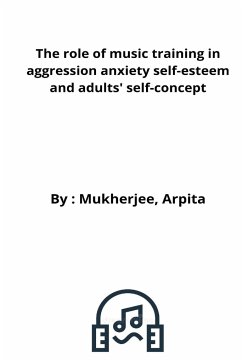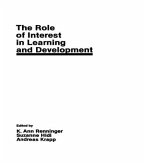INTRODUCTION Music is the art of combining sounds or sequences of notes into harmonious patterns pleasing to the ear and satisfying to the emotions; melody. Music is defined as ¿the science or art of ordering tones or sounds in succession, in combination, and in temporal relationships to produce a composition having unity and continuity¿, which includes ¿vocal, instrumental, or mechanical sounds having rhythm, melody, or harmony¿ (Merriam-Webster's collegiate dictionary, 2003). The musical experience goes ahead of merely listening to it; as an implement in creativity and as a social activity, music involves extensive emotional and cognitive venture whether it be composing music or performing it. Regardless of its pervasive existence and importance in many cultures, music's effects on the human behaviour are largely unknown. Training is defined as any specific instructional program or a set of procedure designed to yield as an end product an organism capable of making some specific responses or engaging in some complex skilled activity (The Penguin dictionary of psychology, 2001). Thus in this study music training can be defined as an instructional program in vocal and instrumental music or a set of systematic procedure designed to yield skilled music activity. Music psychology aims to explain and understand musical behaviour and experience, including the processes through which music is perceived, created, responded to, and incorporated into everyday life (Tan, Pfordrescher & Harré, 2010).The multidisciplinary nature of the field is found in explorations of the anthropology of music, the sociology of music, the biology of music, the physics of music, the philosophy of music, and the psychology of music. Interdisciplinary aspects are found in such combinatorial studies as psychoacoustics (e.g., music perception), psychobiology (e.g., the effects of music on the immune system), or social psychology (e.g., the role of music in social relationships) (Hodges, 2003). 2 Music training involves sensory, motor, and cognitive systems,







